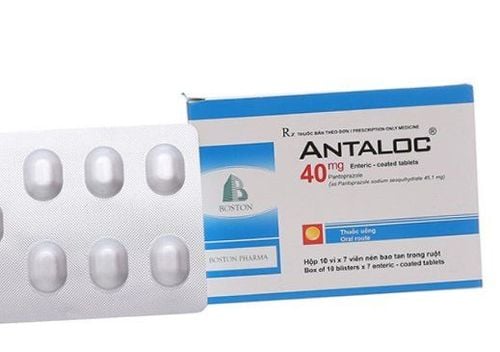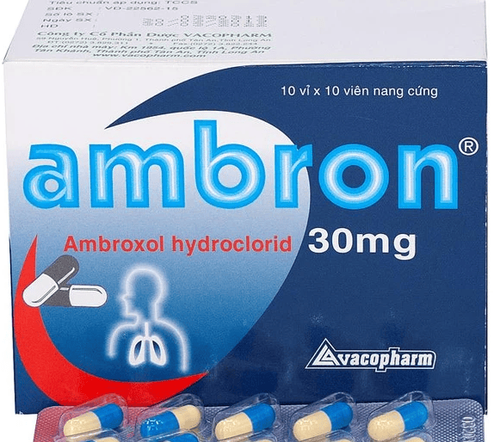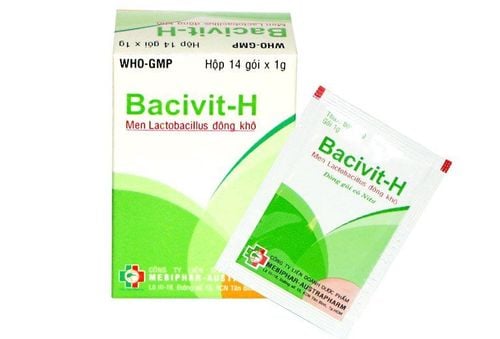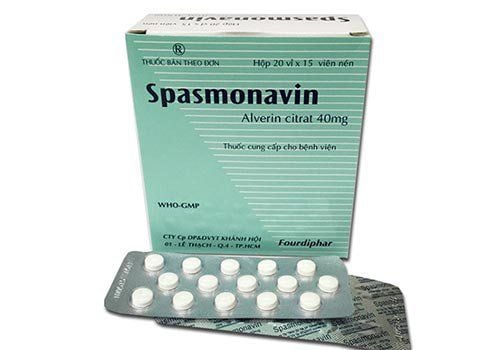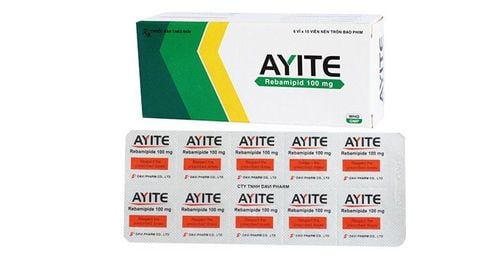This is an automatically translated article.
Alusi drugs have effects on the gastrointestinal tract, so the use of the drug should be very careful and under the guidance of a specialist doctor. Some of the information below will help you better understand the drug Alusi.
1. What are the uses of Alusi?
Alusi medicine is prepared in the form of oral powder with ingredients including:
Magnesium Trisilicate with a content of 2.50g. Dried Aluminum Hydroxide has a content of 1.25g. Excipients just enough 2.5g. Dry Aluminum Hydroxide: This active ingredient is basic, when it enters the stomach, it will react with excess hydrochloric acid (the factor that causes stomach ulcers), reducing the concentration of H+, increasing the pH in the stomach. This helps reduce the effect of acid on the stomach lining that causes ulcers.
Magnesium Trisilicate: This active ingredient is not absorbed in the intestine, so it increases the osmotic pressure in the intestinal lumen. Also due to the difference in osmotic pressure, water will move into the intestinal lumen, enhancing release.
Thanks to the mechanism of action of these substances, Alusi is used in the treatment of diseases of the gastrointestinal tract such as: increased secretion of gastric acid causing heartburn, burning in the epigastrium, bloating and indigestion. Treatment of peptic ulcer disease...
2. Dosage and how to use Alusi
Each patient will have a different dose of the drug, because this will depend on the current health status. Currently, the recommended dosage of Alusi for a few subjects is as follows:
2.1 Dosage of Alusi for gastrointestinal ulcers & gastritis: 1-2 tablets every 4 hours. Increase gastric acid secretion: 1-2 tablets after meals or as needed. Take between meals, or 30 minutes - 2 hours after meals, evening before bedtime or when symptomatic. 2.2 Contraindications when using Alusi Hypersensitivity to aluminum hydroxide. Decrease in blood phosphate. Young children because of the risk of aluminum toxicity, especially in children who are dehydrated or have kidney failure. 2.3 Possible side effects when taking Alusi In addition to the effects of the drug, patients treated with Alusi may also experience some undesirable effects such as diarrhea, nausea, vomiting. vomiting, constipation or may experience allergic reactions to the drug such as erythema, rash, difficulty breathing, swelling of the mouth, no appetite when eating.
Usually these side effects go away after the dose is over. However, if the above effects affect the patient's daily life, work, and work, the patient should discuss with the doctor for appropriate indications.
3. Possible interactions when taking Alusi
During the use of the drug, there may be competition or interaction between Alusi with food or other drugs and functional foods such as:
Tetracycline antibiotics. Warfarin anticoagulant. The psychotropic drug chlorpromazine. H2 receptor antagonists. It is best to protect their own health and good for the treatment process, patients should clearly tell the doctor about the drugs they are using, including functional foods, so that the doctor can have appropriate indications.
Besides, patients should note that, if using the drug for a long time but the disease does not improve, they should go to the hospital to be re-checked. It is strictly forbidden to arbitrarily stop the drug or change the dose because this will cause negative effects on health.
Currently, Alusi is sold in many pharmacies and hospitals, and patients can easily buy it. However, extreme care should be taken when using it and following the instructions exactly. Because this is not all information about Alusi, patients should talk to their doctor for appropriate indications.
Please dial HOTLINE for more information or register for an appointment HERE. Download MyVinmec app to make appointments faster and to manage your bookings easily.




